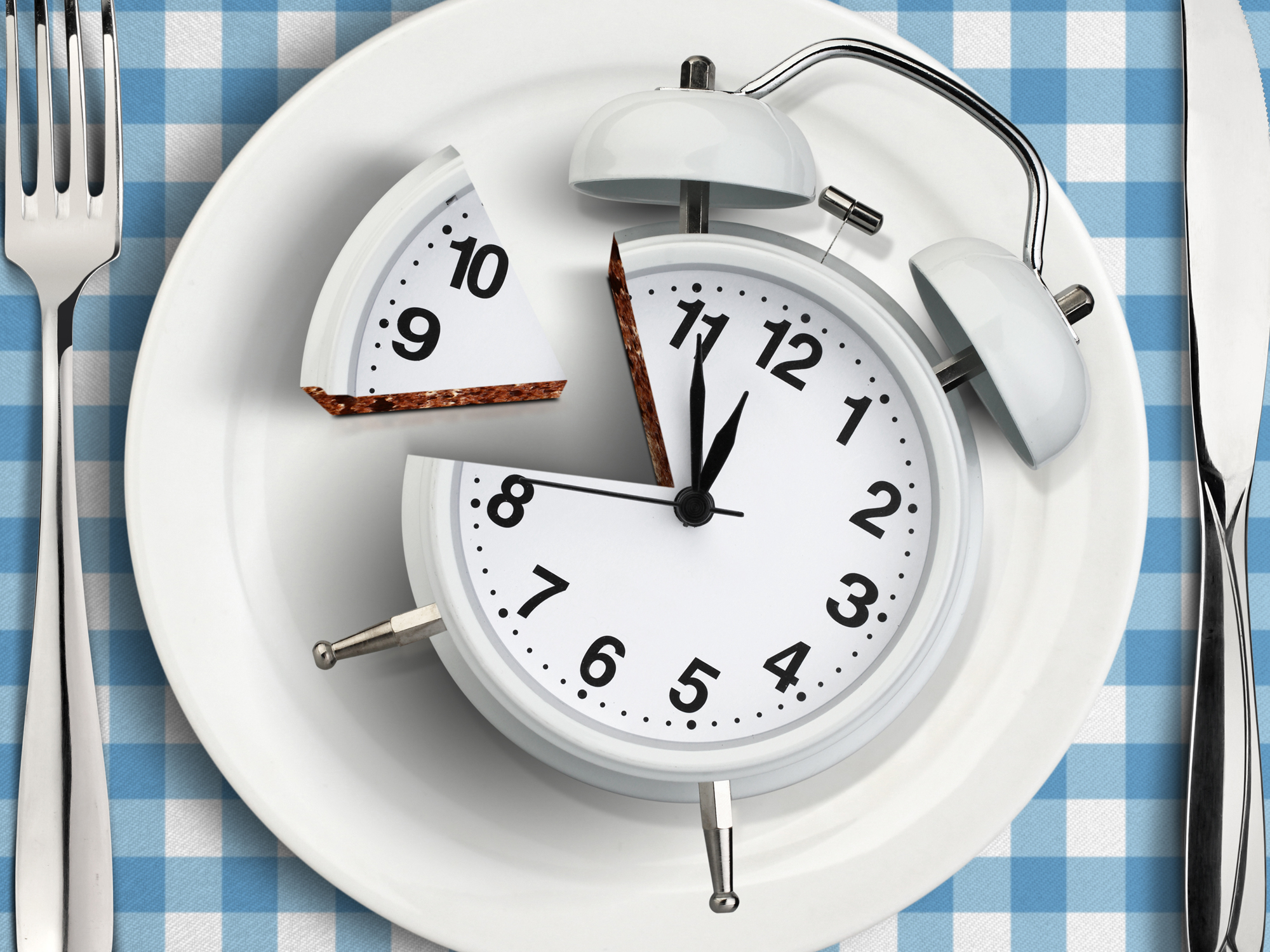Get Easy Health Digest™ in your inbox and don’t miss a thing when you subscribe today. Plus, get the free bonus report, Mother Nature’s Tips, Tricks and Remedies for Cholesterol, Blood Pressure & Blood Sugar as my way of saying welcome to the community!
Are you eating at the wrong time to lose weight?

Have you gone on diet after diet to no avail, either not losing the weight or gaining it right back?
If so, you’re not alone.
Statistics show that more than 95% of dieters fail and most who do lose weight will regain it within just five years.
From calorie counting to carb reduction to fasting, 45 million Americans go on a diet each year, spending $33 billion dollars on weight loss products but according to new research, they’ve all been missing a key ingredient that would have made their diets successful.
Scientists at UT Southwestern Medical Center have uncovered information that could be a game-changer in diet and weight loss…
Timing is everything
The researchers, looking for the answer to why calorie restriction improves longevity, used high-tech sensors and automated feeding equipment to feed different groups of mice either during waking hours only or during times that should be devoted to rest.
Mice on a reduced calorie plan that ate only during their normal feeding/active cycle were the only ones among five groups to lose weight, despite consuming the same amount as another group fed during their rest time in daylight – showing that the time of day food is eaten is more critical to weight loss than the amount of calories you eat.
As head researcher, Dr. Joseph S. Takahashi put it, “Translated into human behavior, these studies suggest that dieting will only be effective if calories are consumed during the daytime when we are awake and active. They further suggest that eating at the wrong time at night will not lead to weight loss even when dieting.”
Your eating schedule
Basically, what this means is that if you’re dieting but still snacking during the late evening or night hours when you should be resting, you won’t lose weight even if you cut calories.
The only way for your diet to be successful is to restrict your eating time to daytime hours when you can be up and active.
This means taking traditional dieting one step further and combining timing with food choices to achieve success.
Well then, based on this new research what’s a good basic plan to follow?
Here are four tips to timing your meals for maximum dieting success:
- Don’t skip breakfast –In the 1960s, nutritionist Adelle Davis popularized the mantra “Eat breakfast like a king, lunch like a prince and dinner like a pauper.” Why? Fueling up makes sense earlier in the day, when your body needs the most calories for energy.
- Switch up lunch and dinner – Instead of having a light lunch and a big dinner, switch it around. Choose a heartier lunch and try a large salad for dinner instead to fill up without weighing yourself down.
- Don’t overdo evening meals – Your last meal should be the lightest of the day and should be eaten at least three hours before you go to sleep. If you eat a heavy dinner, you’re not as likely to get rid of those calories before you turn in. What you don’t burn off is more likely to be stored as fat.
- Stay active – Take a walk after your meals to improve digestion and boost your metabolism. As an added bonus by not lying down after a meal, you can help prevent acid reflux.
As this new research demonstrated, successfully losing weight is about more than just the foods you eat, it’s also about when you eat it. Use the four tips above to diet the right way and finally get the slim, strong body you’ve been working towards.
Sources:
- Statistics on Dieting and Eating Disorders — Monte Nido
- Weight Management — Boston Medical Center (BMC)
- Mice under Caloric Restriction Self-Impose a Temporal Restriction of Food Intake as Revealed by an Automated Feeder System — Cell Metabolism
- Eating at ‘wrong time’ affects body weight, circadian rhythms — UT Southwestern Medical Center
- Adelle Davis Quotes — AZ Quotes












